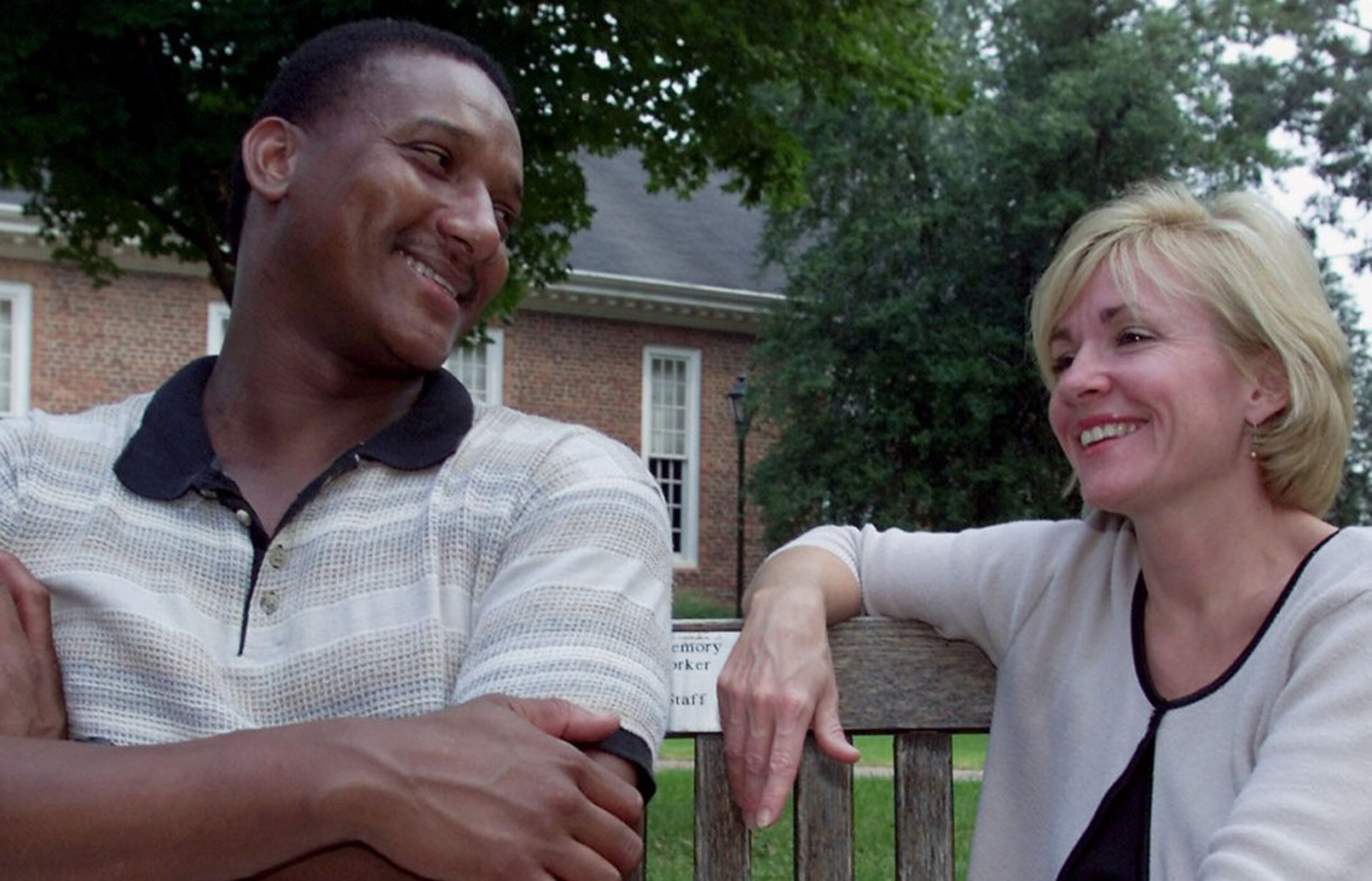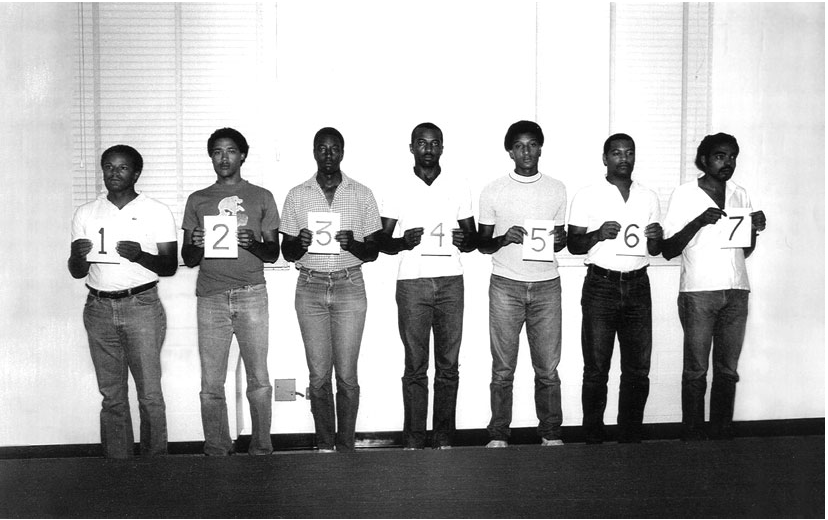Description
To start off Black History Month, I wanted to highlight an extremely moving and important case of the wrongful conviction of a black man. The rape of Jennifer Thompson was horrific. But police procedures at the time, in 1984, caused her to accuse the wrong man. When he was finally exonerated by DNA, Jennifer didn’t just apologize. She and Ronald Cotton became close friends and Jennifer became an activist about the fallibility of eyewitness identification and the power of forgiveness.
Photo Gallery
Show Notes
Written, hosted and produced by Erica Kelley
Researched by Erica Kelley
Edited by Chaes Gray
Suggested by Suzanne Link
Original Graphic Art by Coley Horner
Original Music by Rob Harrison of Gamma Radio
Sources
https://www.nytimes.com/2000/06/18/opinion/i-was-certain-but-i-was-wrong.html
https://www.law.umich.edu/special/exoneration/Pages/casedetail.aspx?caseid=3124
https://law.justia.com/cases/north-carolina/supreme-court/1987/257a85-0.html
https://law.justia.com/cases/north-carolina/court-of-appeals/1990/8815sc1152-1.html
https://www.innocenceproject.org/eyewitness-identification-reform/
https://www.pbs.org/wgbh/pages/frontline/shows/dna/cotton/summary.html
https://www.innocenceproject.org/cross-racial-identification-and-jury-instruction/
https://embryo.asu.edu/pages/abo-blood-type-identification-and-forensic-science-1900-1960
https://www.pbs.org/wgbh/pages/frontline/shows/dna/interviews/moseley.html
https://journals.sagepub.com/doi/abs/10.2466/pms.1965.20.2.547




